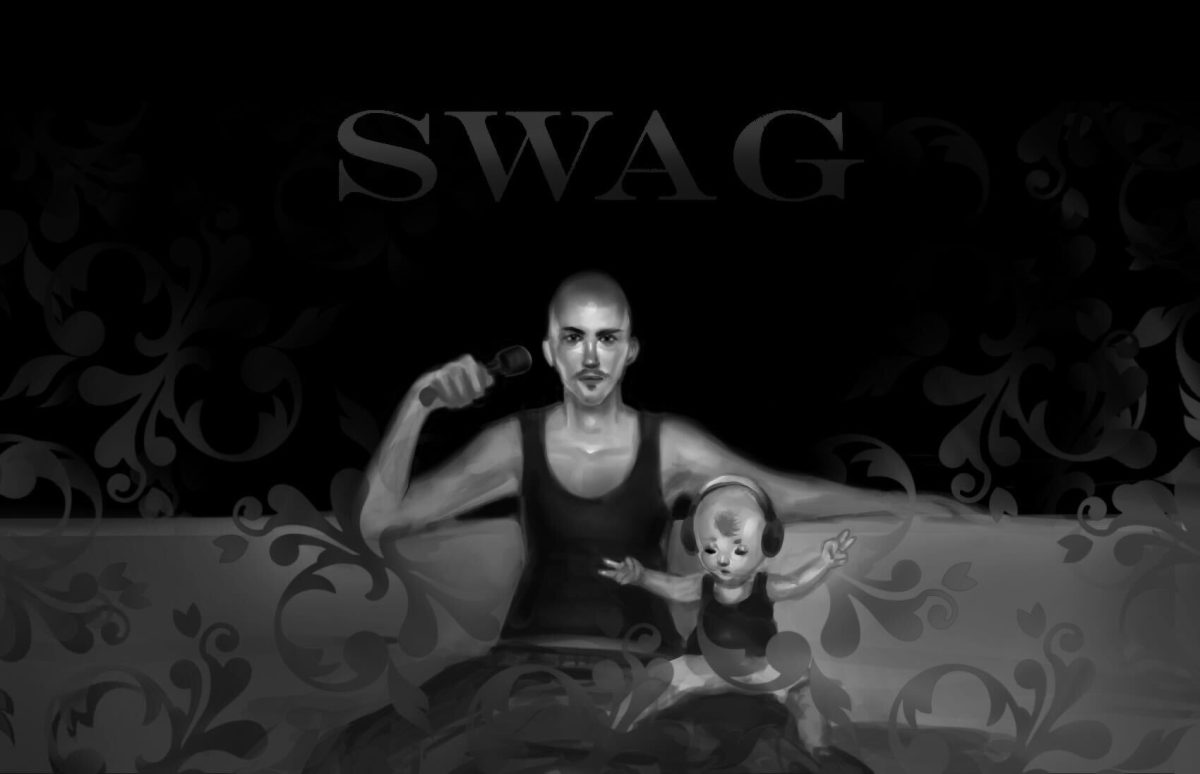With Netflix undergoing indictment by a grand jury in Texas, Netflix-licensed French film “Cuties” directed by Maïmouna Doucouré (“Maman(s)”) faced heavy fire for the graphic sexual portrayals of underage girls despite the movie aiming to highlight the damaging effects of child sexualization. Though the film has an engaging plot and interesting main lead, the movie is ultimately spoiled by its child exploitation through the sexualization of its actresses.
The coming of age film follows 11-year-old Amy (Fathia Youssouf Abdillahi) and her struggle of adjusting to her new life in France after emigrating from Senegal. When her father takes a second wife, Amy must keep up her appearance as a pious Muslim daughter while struggling with her desire to rebel against tradition by joining the vivacious and unhinged dance group, Cuties. As Amy’s demure and humble facade gradually erodes, and her stunts within the group grow more risqué, she ultimately must choose the lifestyle she wants to follow — a life of faith or a life of fulfilled desire.
Numerous scenes throughout the one hour and 36 minute film depict the actresses — ages ranging from 11 to 14 — in over revealing poses, dances and situations.
The camerawork uncomfortably focuses on the bodies of the young actors during the dance scenes, often zooming in on their skin tight crop tops and exposing shorts in a leering manner.
Many of the scenes themselves are morally repugnant; the most detestable is of Amy uploading a picture of her crotch on social media for likes, trying to seduce her uncle to keep her phone and suggestively dancing for a security guard who looks on her with visible enjoyment to get out of sneaking into a laser tag.
Such scenes serve to demonstrate the damaging effects of feminine hypersexuality when impressed upon young girls through the media, but their creation is an ethical violation of basic decency and consent.
Having young child actors emulate adult sexuality for any purpose ignores the blatant issue of child sexualization, defeating the core message of condemning damaging effects pedophilic depictions of young girls in media. Its graphic portrayal of the issue lends itself to further perpetuating the problem and thus fails to be a cohesive critique
Furthermore, this movie will attract individuals who are not interested in the film itself but rather for the questionable scenes within the film, so subjugating child actresses to that possibility is at best morally questionable and, at worst, damaging to the being of these young actresses.
“Cuties” could have succeeded in exploring all its intended themes and ideas without its use of overtly sexual imagery. All the thematic scenes would have worked as well if the girls were wearing age-appropriate clothes, and the explicit dancing was unnecessary since dancing, in general, is a taboo for Amy in the context of the film.
Aside from the troubling ethical violations made in the creation of the movie, “Cuties” earnestly tries to portray a compelling story about a young girl coming to terms with her femininity, similar to “Eighth Grade” directed by Bo Burnham, though comparatively it lacks subtlety in doing so.
The film excels in exploring the psyche of Amy as she is pushed away from her traditions by witnessing her mother, Mariam (Maïmouna Gueye, “The Climb”), suffer breakdowns from her father’s decision to take a second wife, a practice that is acceptable in some Muslim cultures.
Trapped in tradition while having the desire to push forward motivates Amy to seek her own freedom.
The viewers come to understand Amy’s attraction to the more free-spirited life provided by the Cuties and sympathize with her as she becomes more volatile in both of the toxic lifestyles she participates in.
“Cuties” is able to masterfully engage the audience in a compelling story, driven by the actions of a character who seems more a product of her environment than of her own choices.
While the characters have a certain charm of youthful liveliness and Amy and her mother share some genuinely touching moments, the decision to put young actresses in compromising situations in the production of this film makes it immoral to watch.
In the case of “Cuties,” the story presented does not justify its viewing at the detriment of the young actresses, and so this film is not recommended at all — not for any of the usual pitfalls of bad writing, characters or storyline — but because consumers of media have an obligation to avoid unconscionably produced content.
Netflix irresponsibly enabling the distribution of such content deserves to face legal action; putting children at risk for the sake of sending a message cannot be normalized.














